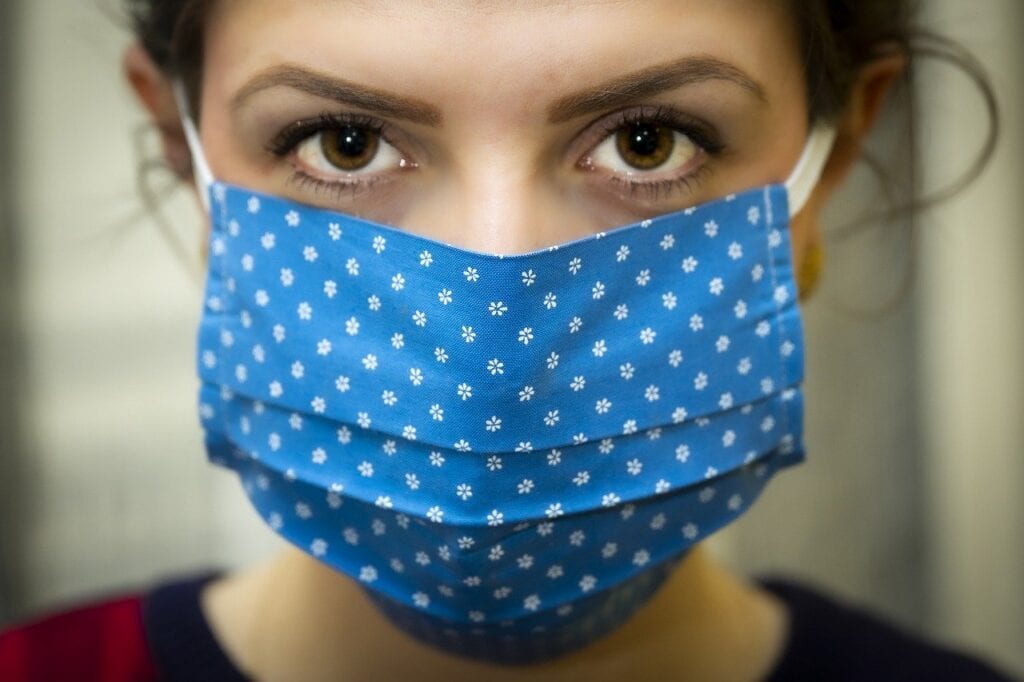Ross Douthat, a writer for the New York Times, was first diagnosed with Lyme disease and a Bartonella infection in 2015 from a deer tick bite. The effects have lingered ever since and chronic Lyme disease became his reality.
As a result, he understands firsthand just how long-lasting the effects of an illness can be.
For others, the reality of COVID-19 and its potentially long-lasting effects on the body are like nothing they’ve ever experienced before. It remains true that most people who are diagnosed with the virus don’t have severe disease and recover quickly. However, there are also those who have been sick for months instead of weeks. Their symptoms are worse and more systemic. Symptoms may include gastrointestinal issues, brain fog, relapsing fevers, tremors, and more.
The CDC has reported that one in every three patients who had COVID-19 but did not have to go to the hospital still experience symptoms 3 weeks after the onset of illness.
Ross himself is one of the people who has experienced a long duration of illness. His entire family experienced COVID symptoms in March. His symptoms took months to dissipate.
As someone knowledgeable about chronic illness from his own Lyme disease diagnosis, Ross was able to take his long COVID experience in stride. He now wants to share some advice with others who are new to long-term sickness.
Lessons Learned
Rest, but if it doesn’t work, get help.
Ross describes impatience as a good thing. The body needs rest to recover but if resting hasn’t done the trick, and you are impatient to be well, it may be a sign you need some type of outside intervention. Trust that instinct.
Don’t be afraid to help yourself.
Many doctors have their energy focused on the most serious, life-threatening cases. If you are turned away from help, help yourself. Turn to others who may be able to assist you. Do not put all of your eggs in the basket of one busy doctor.
Trust yourself
Many people are facing heightened anxiety during this pandemic. Those who are facing prolonged illness may face skepticism from friends or even healthcare professionals. Of course hypochondria exists, but you also have to remember that you know your body better than anyone else. If you were a pretty healthy person who doesn’t have any history of imagined illnesses, you can trust yourself that something is going on. That doesn’t mean you might not also be facing anxiety as well, but it is important to also recognize physical illness.
Experiment to find what will work for you.
COVID-19 doesn’t have an FDA approved therapy yet but that doesn’t mean there isn’t anything we can do to make ourselves feel better. Vitamins, herbs, hydration, and overall good nutrition can help your body heal. Do your research and experiment to see what may help you.
Use the internet (carefully).
There is a lot of misinformation floating around the web about COVID-19. But, there is also tons of extremely valuable information. Read the testimonies of other patients and doctors to see what has worked for them and what has not. Gather as much vetted information as you can from the firsthand experiences others have had with this disease.
Believe you’ll get well.
Ross discusses the importance in having faith that you will recover. He explains that even though he has now had Lyme disease for 5 years, he does not experience it the same way he did when he was first diagnosed. He holds on to the belief that he will continue to improve and experience wellness. Ross says this belief is what may see someone through.
You can read more about his story here.








